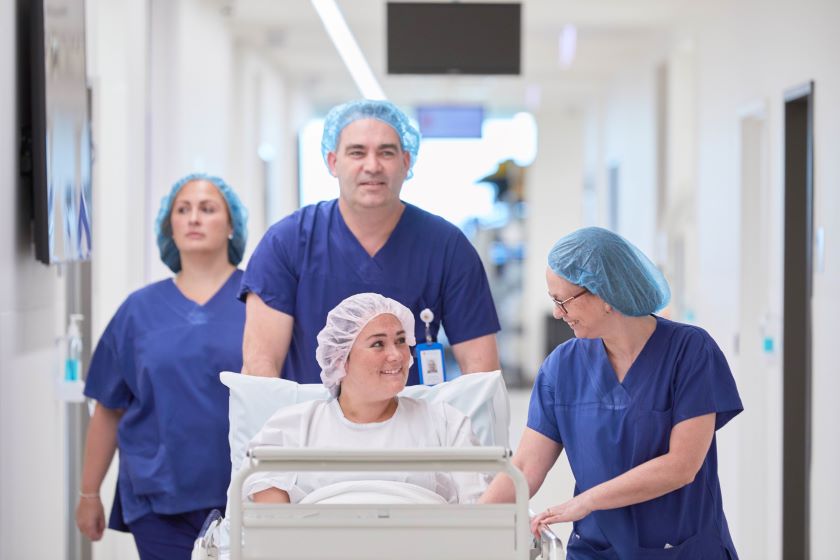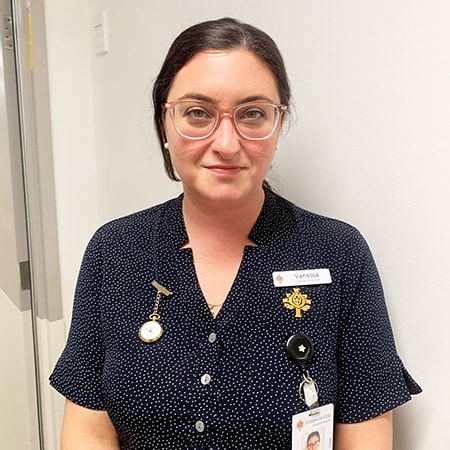Over the last few years, a new category of treatment called ‘minimally invasive glaucoma surgery’ or ‘MIGS’ has changed the glaucoma treatment landscape.
Glaucoma is a disease of the eye resulting in peripheral visual field loss as a result of damage to the optic nerve, frequently caused by elevated pressure inside the eyeball.
First line treatment for glaucoma is usually in the form of eye drops. Lasers can be used as an adjunct to eye drops or in patients who would like to avoid eye drops. Traditionally, invasive surgeries like trabeculectomy or glaucoma drainage device implantation are reserved for advance glaucoma and is frequently the last line treatment.
The emergence of MIGS has allowed ophthalmologists to surgically manage mild to moderate glaucoma with improved safety profile compared to traditional glaucoma surgeries. Microscopic devices are inserted into the eye through micro-incisions (smaller than in a cataract surgery) under topical anaesthesia.
There are various types of MIGS devices and they work either by bypassing the resistance of the drainage mechanism of the eye or by creating a new outflow passage for fluid to egress the eyeball to reduce the pressure inside the eye.
This technology has enabled ophthalmologists to surgically manage glaucoma at an earlier stage and with lower incidences of post-operative complications. Complications seen with traditional surgeries such as infections, hypotony, hyphaema and corneal oedema varies with different MIGS devices but are generally rare.
More importantly, this has improved the quality of life for glaucoma patients by reducing their dependence of eye drops. Occasionally, patients who have undergone this procedure can be taken off their anti-glaucoma eye drops completely. MIGS does not cure glaucoma, nor does it reverse the damage caused by glaucoma, but it allows patients to retain their visual fields by improving control of their glaucoma.
I perform both MIGS and conventional glaucoma surgeries at St John of God Midland Public and Private Hospitals for no-gap private health patients and public patients. All glaucoma patients, especially those who are unable to use eye drops or those with glaucoma progression despite being on multiple eye drops, can be considered for MIGS. For glaucoma patients undergoing cataract surgery, MIGS can also be performed concurrently, reducing the risk of post-operative intraocular pressure spike.
- Blogs
- Improving glaucoma management with minimally invasive glaucoma surgery







